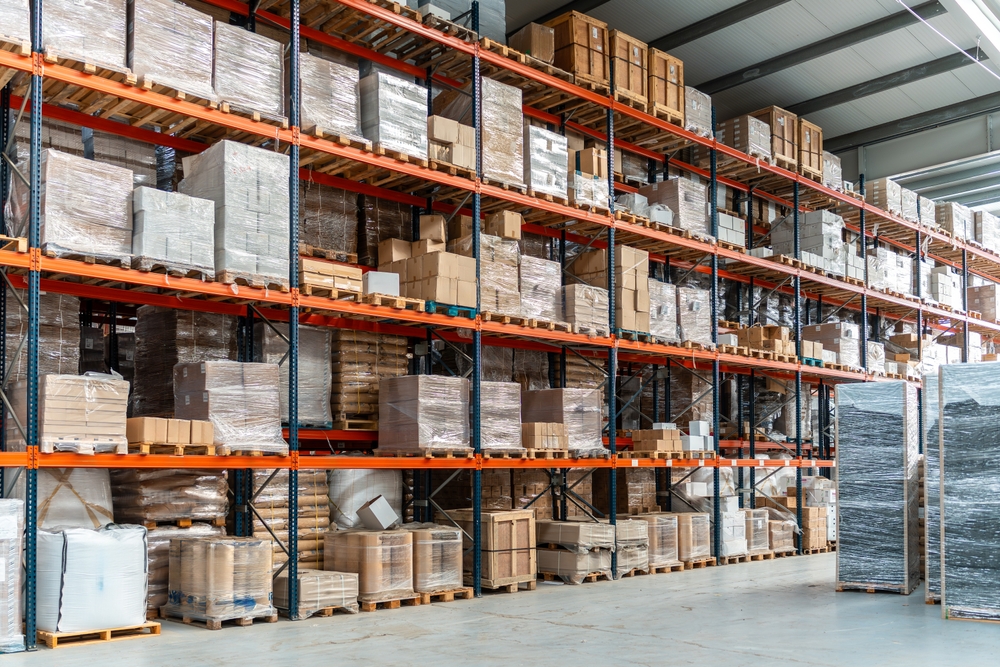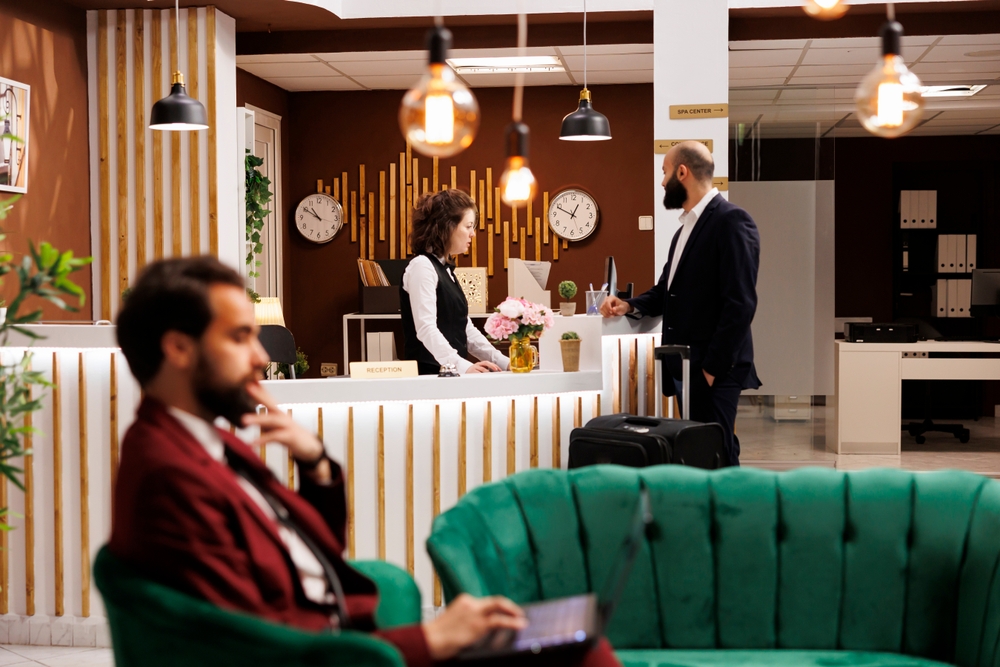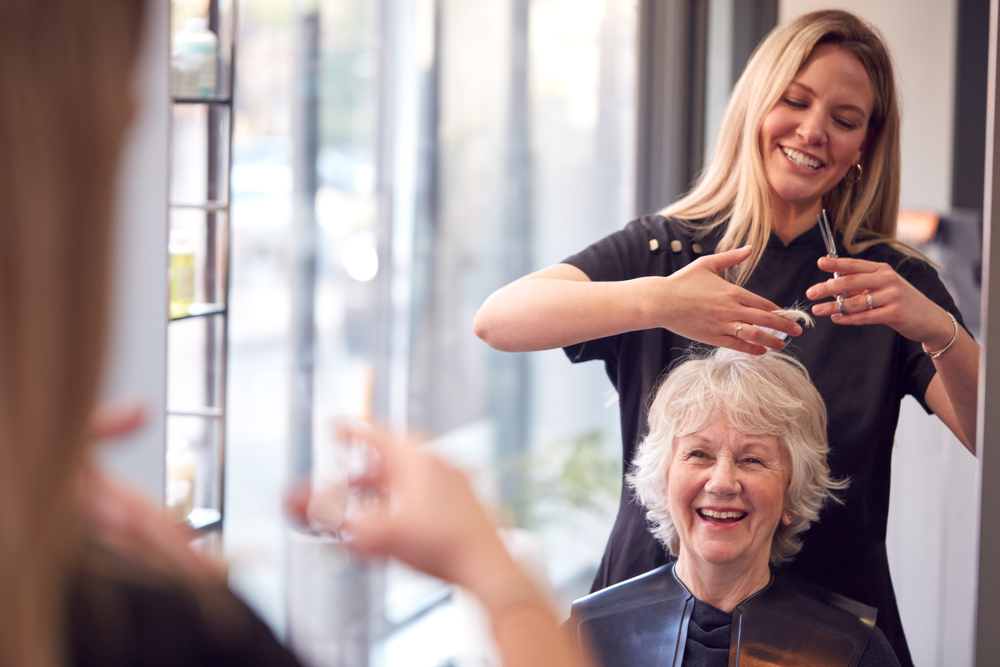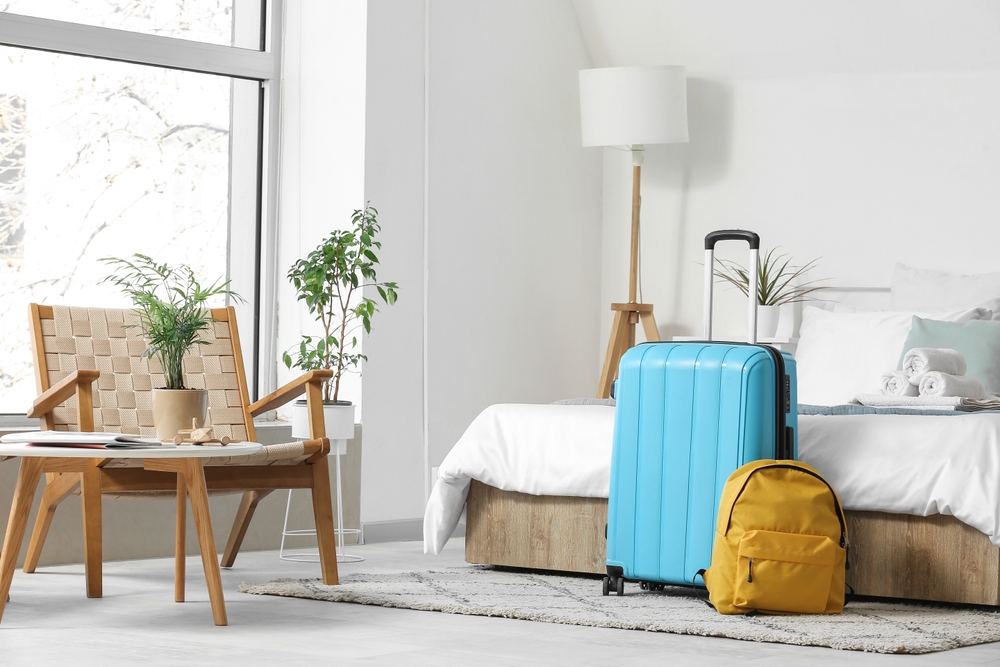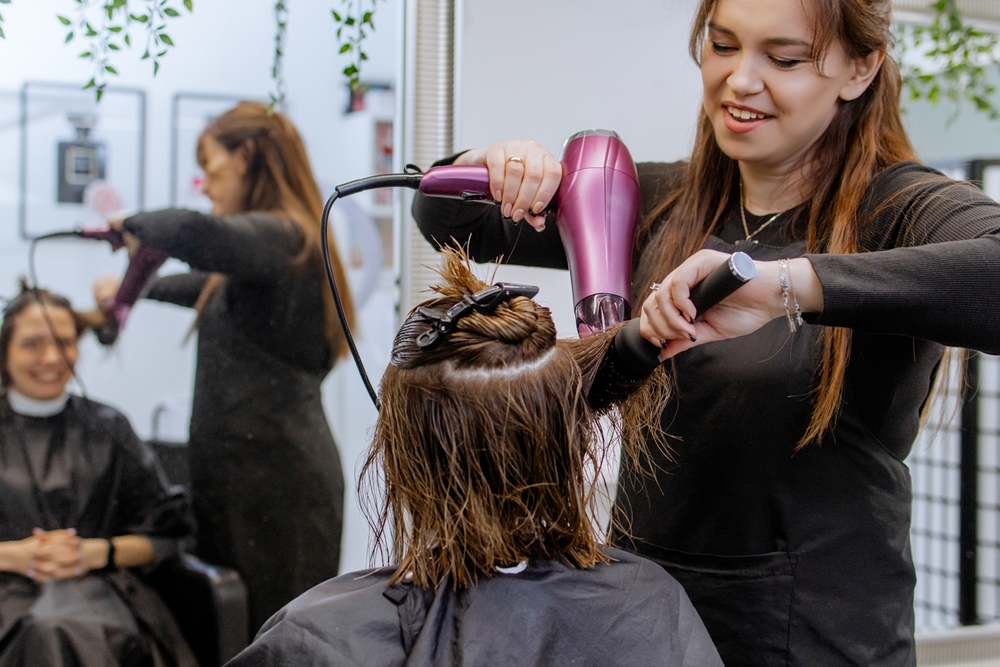Stock insurance is essential cover for retailers and warehouse owners. In this post, we will outline what stock insurance is, and what it covers, before exploring how you can ensure you have all the cover you need while avoiding certain common pitfalls.
What is Stock Insurance?
This is a dedicated insurance policy to cover your stock for loss, theft, or damage. Your policy should cover your stock whether you store it on your own premises, or elsewhere.
Usually, stock insurance will also include some contents cover. For instance, if you lose some stock to theft, then your insurance could also cover any fixtures or fittings that were damaged during the break in.
Most retailers and warehouse owners will take out some level of stock insurance. However, many businesses might not have quite the level of cover they need. And unfortunately, they may only discover that they are underinsured when they choose to make a claim on their policy.
Common Issues With Stock Insurance
Here are some common stock insurance pitfalls:
- Seasonal variance: You may store more stock at certain times of the year. For example, retailers will usually store significantly more stock during the festive period. The amount of stock onsite may exceed the limits of your policy, which would mean you would not be fully covered in the event of a claim.
- High risk stock: Some items of stock may be more attractive to thieves. Or it may cost more to repair or replace following a flood or a fire. If your stock insurance does not account for these high risk items, then you may be underinsured.
- Stock deterioration: Stock insurance will cover your stock for loss, damage, or theft. But it may not cover your stock for deterioration as standard. Say you sell perishable goods, and an electrical fault causes your fridges or freezers to fail. You may have to dispose of a large amount of stock. But unless your stock insurance included cover for deterioration, you would not be covered for this loss.
How To Calculate The Right Level of Stock Insurance For Your Business
- Consider your seasonal peaks. You will need to extend your cover in line with your busiest periods. If you are a retailer, for example, you will need more cover in the run up to Christmas, and in the weeks preceding and following bank holidays.
- Consider your risk profile. As we mentioned above, a high risk item could be something that thieves are more likely to target, or something that would cost a lot to repair or replace following an incident. Sometimes, only certain items that you stock will be considered high risk, such as cigarettes and alcohol for retailers. But if you work in certain sectors, such as electronics, then all of your stock may be considered high risk.
- Consider your cover limits. Your stock insurance should cover the amount it would cost to replace all of your stock. When specifying your cover limit, as well as accounting for seasonal peaks and high value items, you should also include the possible costs of replacing any fixtures, fittings, and equipment that may get stolen or damaged during an incident.
- Work with a broker. An insurance broker with experience in your sector can help you to identify the right level of cover for you, by working with you to understand more about the risks you face.
We Can Help You Avoid Underinsurance With Your Stock Cover
James Hallam is an independent Lloyd’s broker with a dedicated team of experienced insurance specialists. We can help you avoid underinsurance and get the right level of cover for your stock, at the right price.
We can help you determine an accurate cover limit for your stock, which accounts for seasonal variations and high risk items. And we can help you ensure you have any specialist cover you may need, such as cover for stock deterioration.


